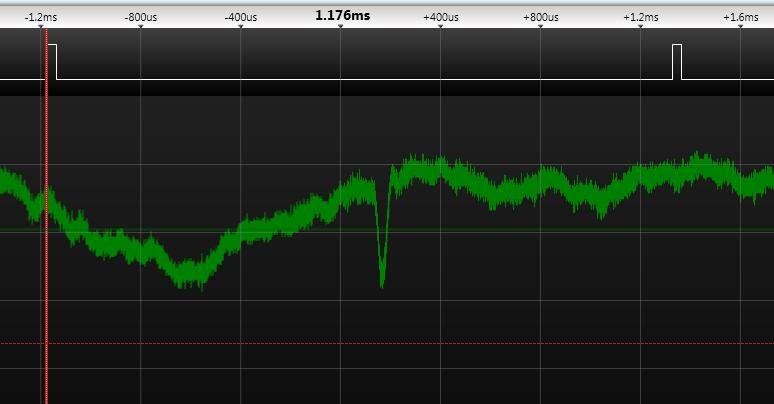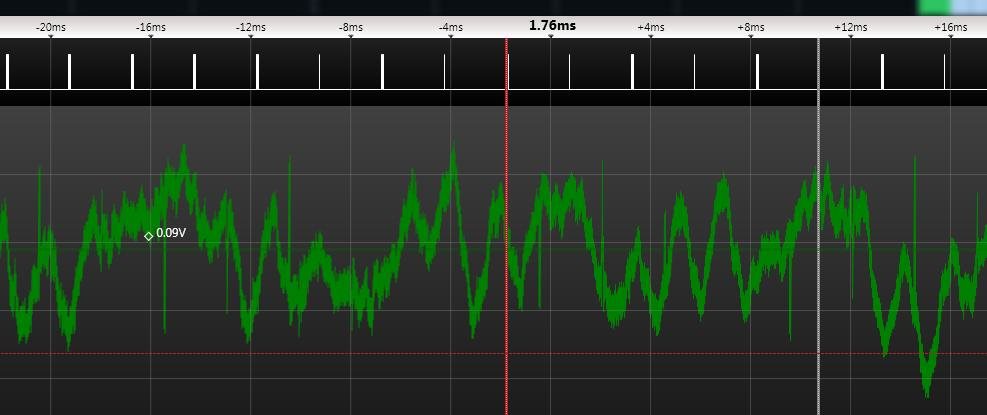Sivaraj,
Thank you for the sample code for the LCDK Audio Loopback app.
I am having a bit of trouble getting it to work.
The first thing I have run into is the statement:
if(lastFullRxBuf != lastSentTxBuf)
If I am following this correctly, you first set lastFullRxBuf = 1 in this statement:
lastFullRxBuf = NUM_BUF - 1;
since NUM_BUF = 2 in this app.
And you then set lastSentTxBuf = 1 in this statement:
lastSentTxBuf = NUM_BUF - 1;
Since lastFullRxBuf = lastSentTxBuf, the statement above never proceeds past the if statement. So BufferTxDMAActivate is never executed and the program hangs at this if statement.
Am I interpreting something incorrectly?




